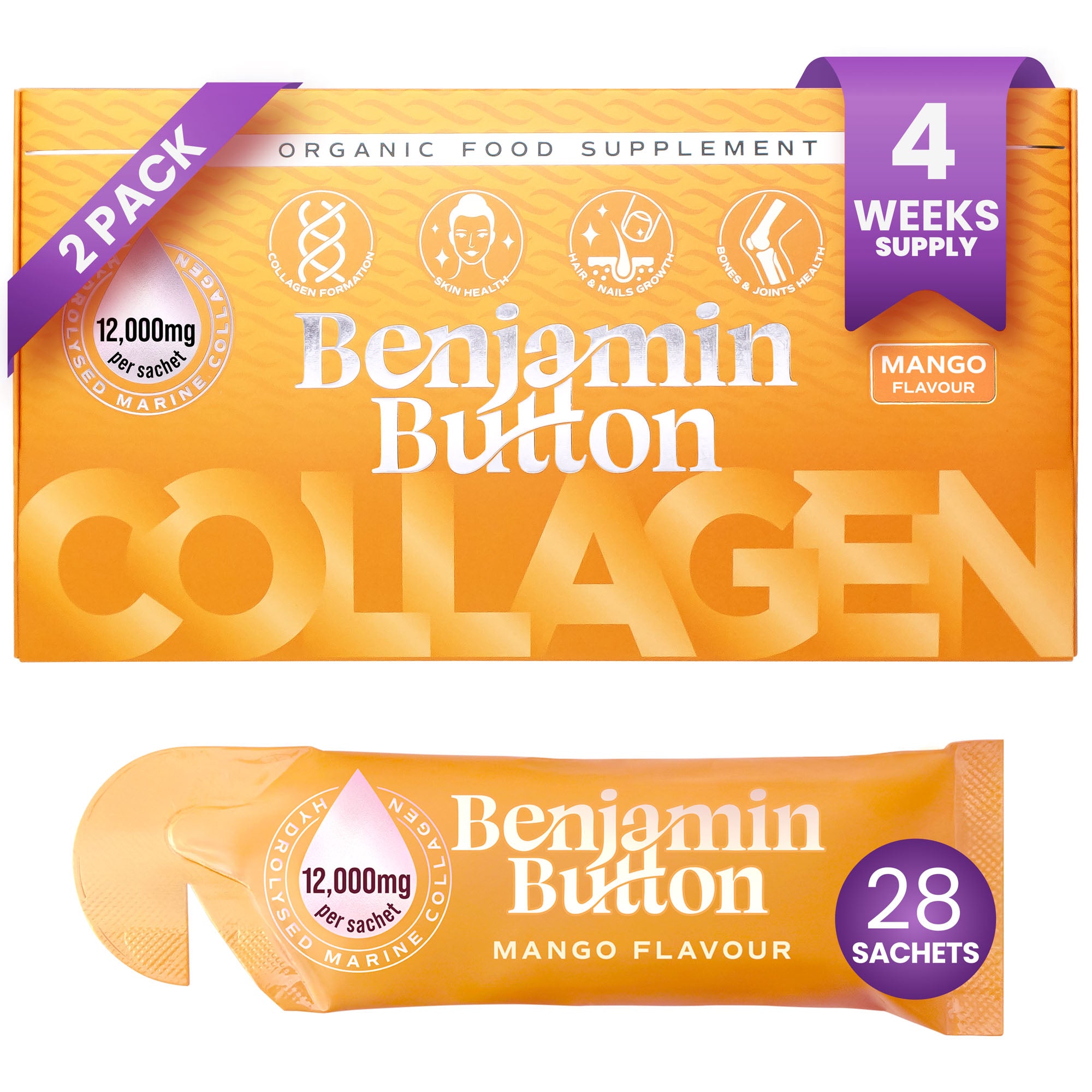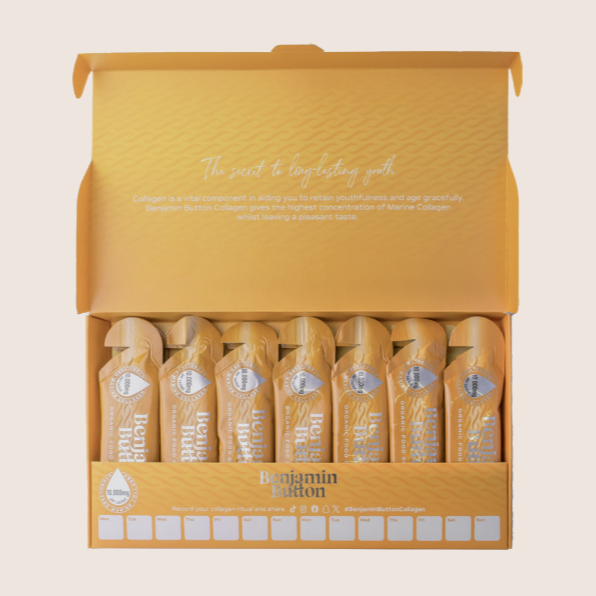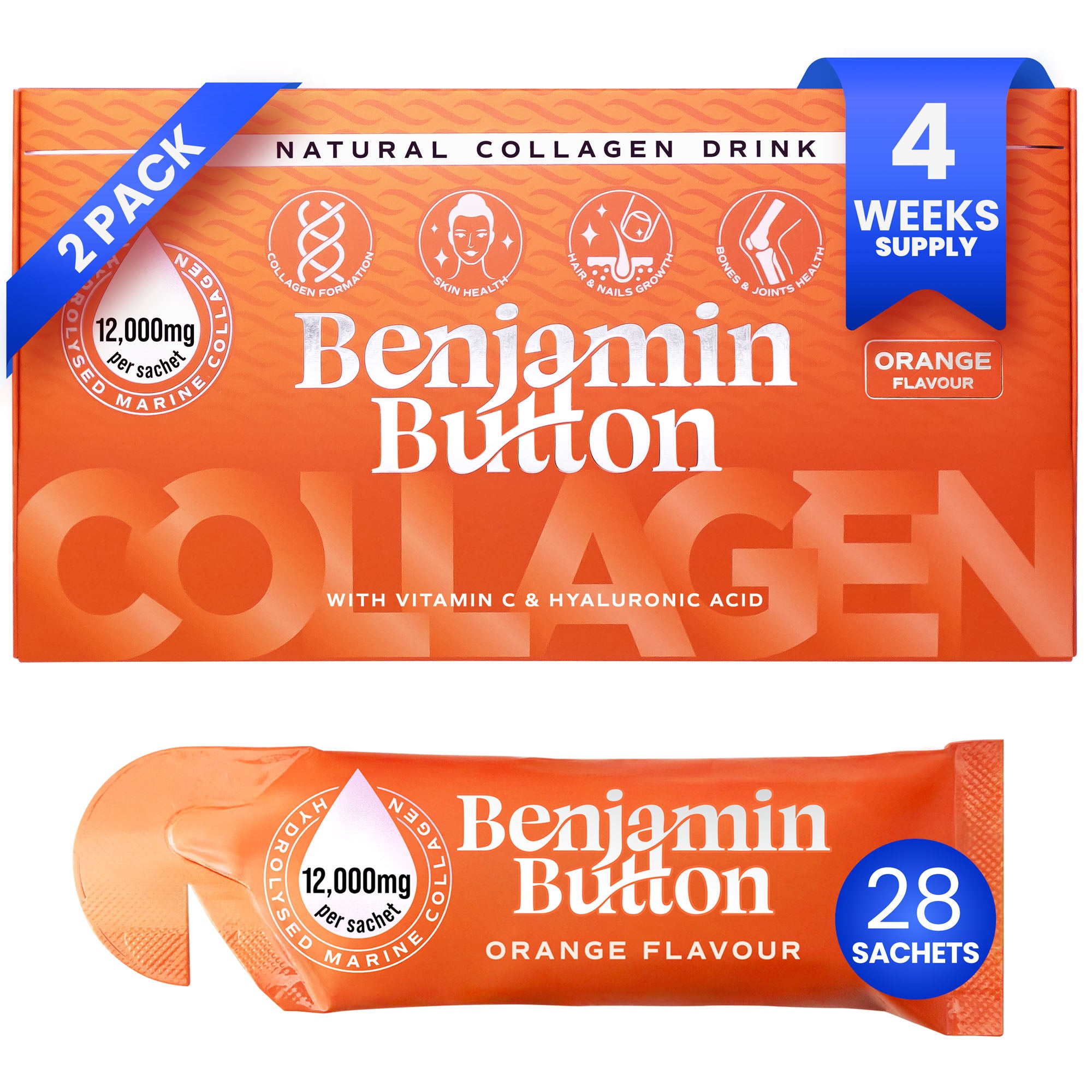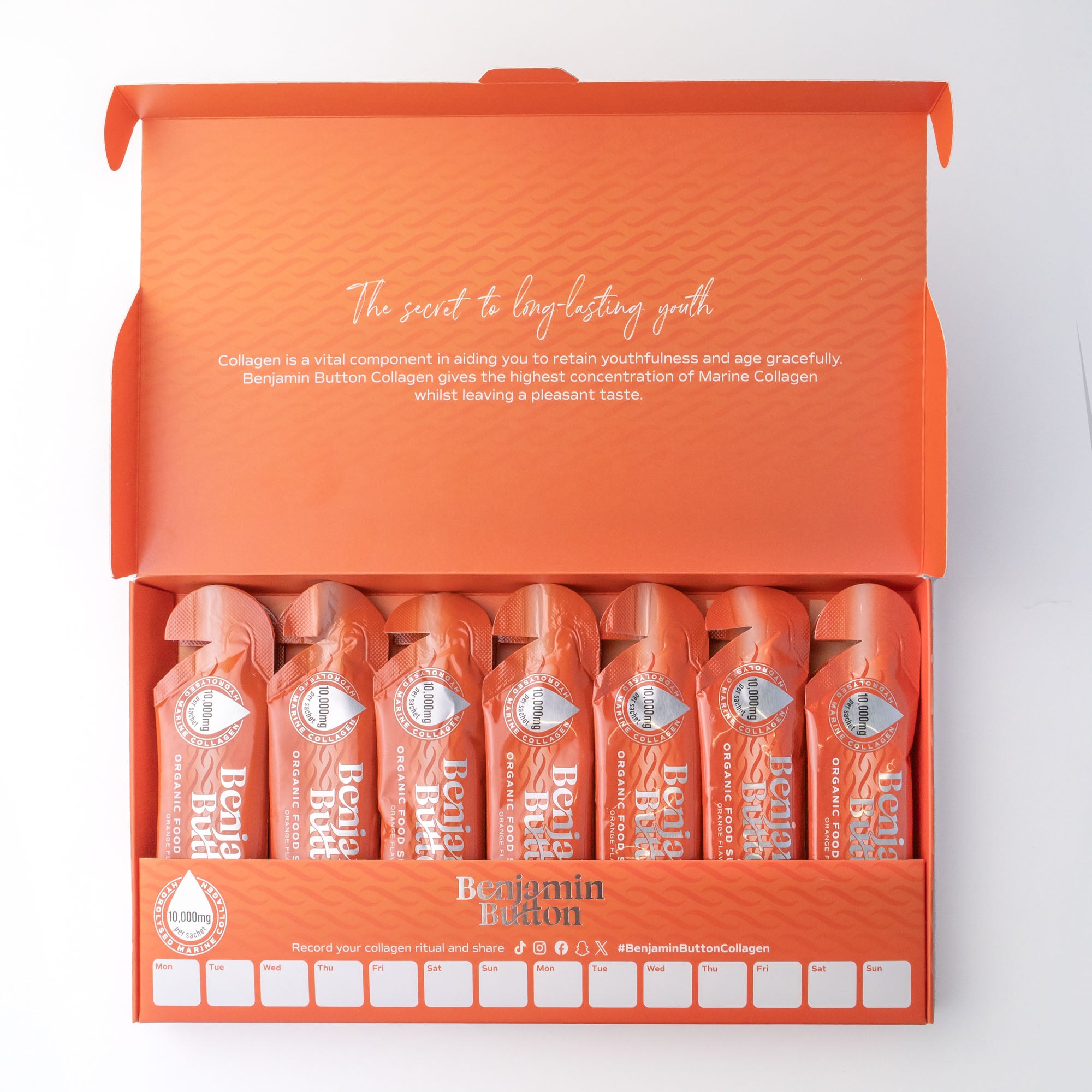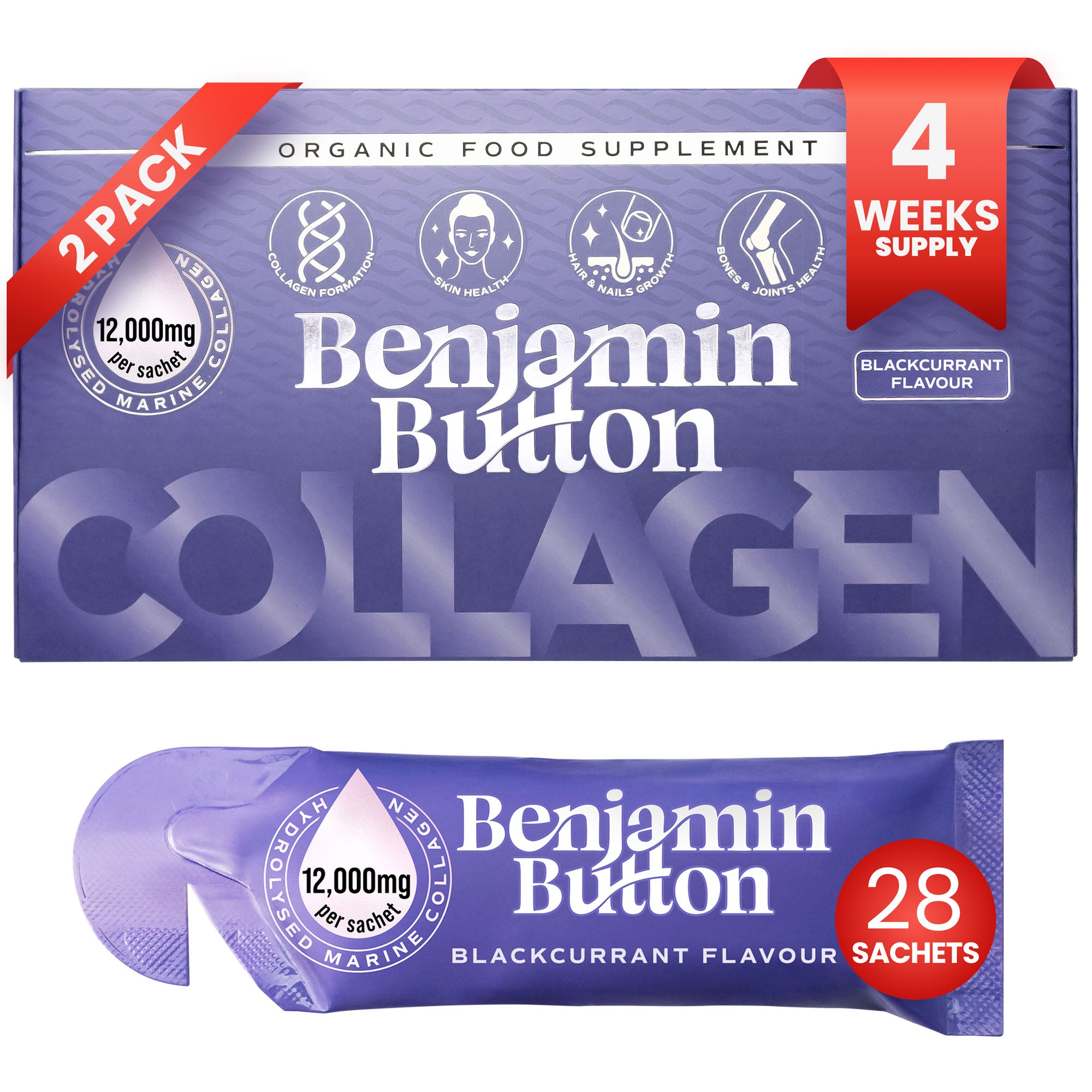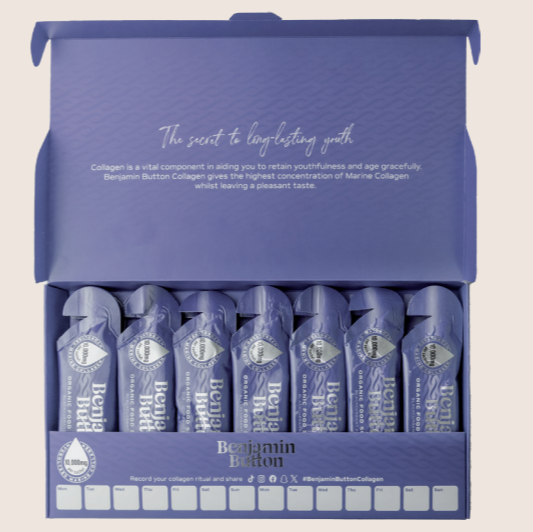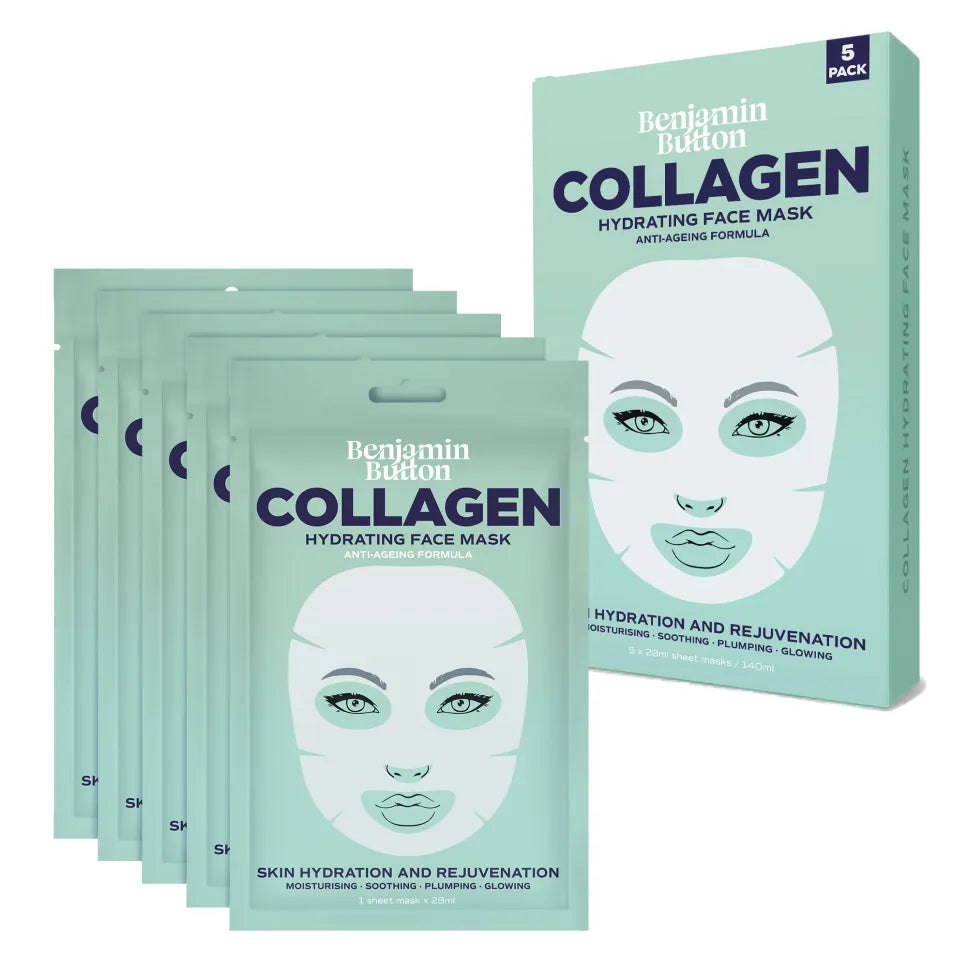Is Your Sunscreen Expired? Expert Tips to Check SPF
As we enthusiastically embrace the sun-kissed days, ensuring that our skin is well-protected becomes paramount. Sunscreen is our greatest ally in defending against harmful UV rays, but what happens when that trusty bottle gets stale? Understanding how to check if your sunscreen is expired is essential for maintaining healthy skin and achieving optimal protection. Here are expert tips to guide you through the process of assessing your sunscreen, ensuring you’re never caught without effective protection.The Importance of Fresh Sunscreen
Using expired sunscreen can lead to dire consequences. Not only does it lose its efficacy in protecting your skin from sun damage, but it can also cause skin irritations or allergic reactions. Here's why fresh sunscreen is critical:- Effective UV Protection: Expired products may not provide the promised SPF, leaving your skin vulnerable.
- Prevention of Skin Issues: Outdated formulas can lead to increased sensitivity and irritation.
- Peace of Mind: Knowing your sunscreen is current enables better skin health management.
How to Check your Sunscreen's Expiry Date
Understanding how to determine the status of your sunscreen is essential to ensure optimal protection. Here are the key steps to check for expiry:- Look for an Expiry Date: Most sunscreens have a printed expiry date or a "best before" date on the label. This is often the easiest way to ascertain its validity.
- Check the Packaging: If your sunscreen doesn’t have a printed date, check for a PAO (Period After Opening) symbol. This is indicated by an open jar icon followed by a number (e.g., 12M for twelve months) that tells you how long the product remains effective after first use.
- Evaluate the Packaging Type: Sunscreens in stable, opaque packaging tend to last longer than those in clear bottles, as light can degrade ingredients.
Signs Your Sunscreen Has Expired
Even if the expiry date hasn’t been reached, other indications can signal that your sunscreen has seen better days:- Change in Consistency: If your sunscreen has separated, thickened, or appears clumpy, it’s likely time to discard it.
- Off-putting Smell: A rancid or unusual odour is a strong indicator that the formulation has deteriorated.
- Discolouration: Sunscreen that has changed colour compared to when you bought it may be compromised.
Techniques for Proper Sunscreen Storage
Proper storage of your sunscreen can extend its lifespan and maintain its efficacy. Follow these guidelines:- Keep it Cool: Store your sunscreen in a cool, dry place and avoid exposing it to extreme temperatures, as heat can break down active ingredients.
- Avoid Humid Environments: Bathrooms can be humid, which could degrade your sunscreen. Instead, try storing it in a climate-controlled setting.
- Close Tightly: Always ensure the cap is secured tightly to prevent contamination and deterioration.
Incorporating Sunscreen in Your Skincare Routine
To maximise your skin's protection, the incorporation of sunscreen into your daily routine is crucial. Consider these practices:- Apply Generously: Use ample product, and don’t forget common oversights like your ears, neck, and the tops of your feet.
- Reapply Regularly: Sunscreen should be reapplied every two hours and immediately after swimming or sweating.
- Choose the Right SPF: Select an SPF of at least 30 for adequate protection and be mindful of the type of sunscreen – mineral vs. chemical, depending on your skin type and preferences.
Choosing the Right Sunscreen for Your Needs
With an overwhelming array of sunscreens available, it’s essential to select one that meets your specific requirements. Consider these factors while shopping:- Skin Type: Tailor your choice based on whether you have oily, dry, or sensitive skin. There are formulas designed to address each of these concerns.
- Water Resistance: If you plan to swim or engage in physical activity, look for water-resistant options.
- Broad-Spectrum Coverage: Always go for products that protect against both UVA and UVB rays to ensure comprehensive sun safety.










